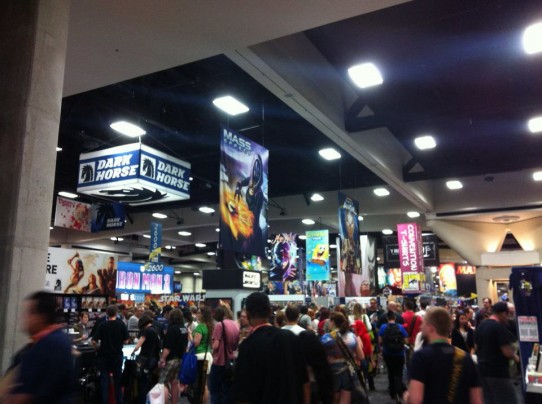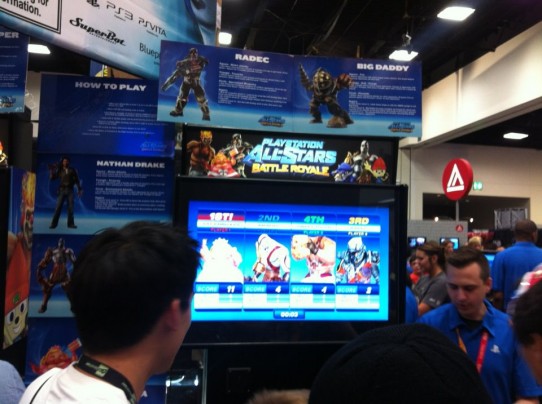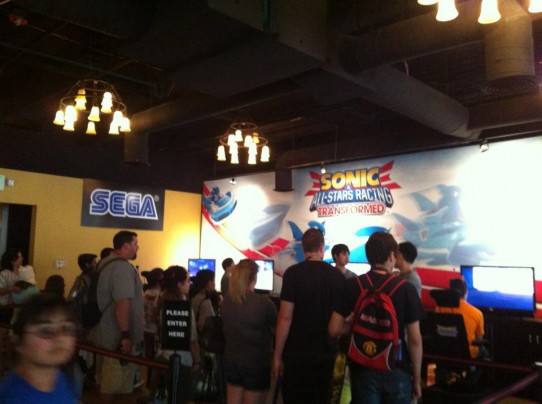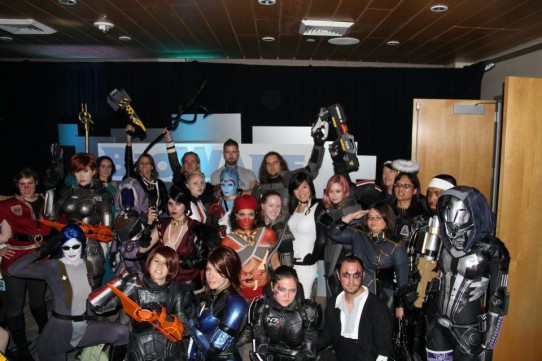 In this week’s TPoI, Steam gained over 27 million new paying users in the past 18 months, developers at the Games for Change Festival talk U.S. policy effects on the industry, and Electronic Arts merges Mass Effect: Andromeda developer with Motive Studios.
In this week’s TPoI, Steam gained over 27 million new paying users in the past 18 months, developers at the Games for Change Festival talk U.S. policy effects on the industry, and Electronic Arts merges Mass Effect: Andromeda developer with Motive Studios.
Steam Gains Over 27 Million New Customers in the Last 18 Months
Valve’s PC gaming platform Steam is widely regarded as the premier PC game distribution platform. GeekWire reports that Steam has gained 27 million new paying users since the start of 2016, a statistic that was announced during Valve’s panel at Casual Connect in Seattle. Matthew Wilson from Kitguru speculates that Steam’s continuous growth could be related to popular multiplayer titles such Dota 2, Counter Strike: Global Offensive, and PLAYERUNKNOWN’S BATTLEGROUNDS being available exclusively through Steam. Due to the rapid growth in user base, Steam now has over 67 million active users a month, a number that Polygon highlights is tracking well above Xbox Live’s 53 million average users. PC Gamer notes that Steam continues to grow with over 1.5 million new users every month and estimates that the platform will continue to dominate the PC gaming industry.
EA and Take-Two Say U.S. Government is Bad For Business
Representatives from Electronic Arts and Take-Two Interactive spoke on how recent U.S. government policy changes are directly affecting the industry during a panel at the 2017 Games for Change Festival. According to Polygon, the speakers argued that policy changes made to topics such as immigration, education, and trade directly affect the U.S games industry and its future growth. Green Man Gaming Newsroom covered the effect of the H-1B visa program and how a lack of qualified, high-skilled labor will lead to less American innovation as a whole. GamesIndustry.Biz mentions that many other companies including Activision-Blizzard, Harmonix, Insomniac Games and Unity have spoken out about these issues in the past and hope that the current issues can be resolved.
EA Merges Canadian Games Studios BioWare Montreal with Motive Studios
After being designated as a “support studio” by Electronic Arts back in May, BioWare Montreal is now being folded into the also Montreal-based EA Motive, with their staff moving into Motive’s office. A Forbes contributor notes that none of the staff has been laid off and that the team will transition into the new office over the next few weeks. Shack News reports that the team responsible for the ill-reviewed Mass Effect: Andromeda will be helping to develop a new IP while the rest of Motive is focused on Star Wars: Battlefront 2. TechRaptor covered a statement made by Electronic Arts’ CFO Blake Jorgensen that an additional 100 employees have been hired to help develop this new project.




